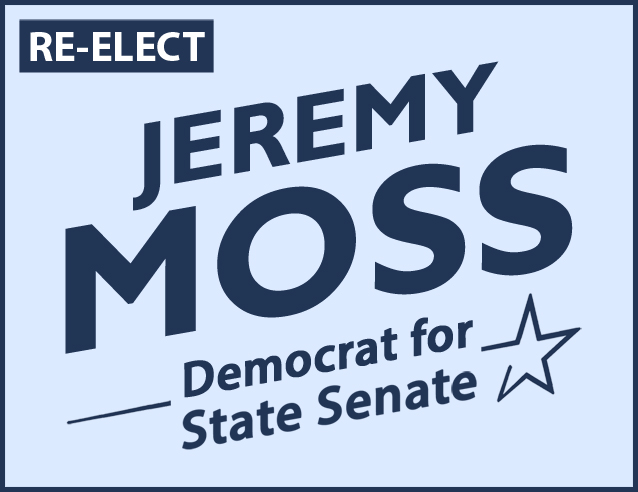Police and firefighter organizations testified in opposition to legislation that could cut some health care benefits for retirees on Wednesday, citing early retirement and the bills' impact on binding arbitration.
"My guys have followed the rules. Over the years we've done what we are supposed to do. We feel that we should not be punished now because there's a shortage," said Dave Hiller, Executive Director of the Fraternal Order of Police.
He testified before the House Local Government Committee on Thursday. The committee met twice Thursday to consider a package of bills that aim to address what one study says is $7 billion in unfunded retiree health care liabilities from local units of government around the state.
Overall, the bills would require that communities funding their health care liabilities at less than 80 percent not be allowed to pay for more than 80 percent of retiree health care, including for current retirees who aren't considered "vested" in their contracts.
The example House Speaker Kevin Cotter, R-Mt. Pleasant, gave was that if an employee has a contract guaranteeing retirement benefits for 20 years, they would be considered vested. If the contract just generally says retiree health care will be provided, they would not be considered vested, he said.
"Certainly there are large numbers of the insured retirees and current employees who do serve in police and fire... so to the extent that those benefits are funded then we don't have an issue. To the extent that they're not then we have a cost sharing, it's a 80/20 arrangement," Cotter said.
But police and fire personnel tend to retire earlier than somebody who works a desk job, according to testimony on Thursday. If they're not yet 65, they don't qualify for Medicare and could face expensive health care premiums.
Rep. Jeremy Moss, D-Southfield, said police and fire jobs were physically demanding.
"It would concern me if you had a fleet of cops in their 60s or 70s, or firefighters in their 60s or 70s," Moss said.
He said the disproportionate impact of the bills on police and firefighters was "a blind spot in this legislation that is full of blind spots."
A few weeks ago, the Police Officers Association of Michigan was urging members to contact lawmakers about the potential bills. Now that they've seen the bills, there's even more concern.
"This was as bad as we could have expected... this is very bad," said Ed Jacques, director of member services for POAM.
A big factor, he said, was that the proposal affects current retirees and employees. Before the bills were actually introduced, there was speculation they might just affect new hires. But now, Jacques said, it was clear that people who were already making retirement plans would be affected.
"It's impacting people that have 20 years on the job, that are counting on that," Jacques said.
And one bill in the package -- House Bill 6076 -- only affects police and fire. It opens up Public Act 312 of 1969, which was established to send contract disagreements between police or fire and local governments to compulsory arbitration, preventing strikes by the public safety units. Specifically, it prohibits such an arbitration panel from issuing an order or opinion encompassing retiree health care benefits.
PA 312 has been in effect for decades, said Hiller, and it's working.
"We live by it, we don't strike or have blue flu," Hiller said.
The proposal would also affect new hires. Starting May 1, 2017, retiree health benefits would be eliminated for new employees. Local governments could, optionally, put up to 2 percent of an employee's base pay into a tax-deferred health savings account.
Jacques said that could result in fewer people wanting to enter to policing profession.
POAM is planning a rally on the capitol steps on Tuesday, Dec. 6, Jacques said. They're inviting not only police personnel but other union members as well. They plan to be on the capitol steps all day long.
Meanwhile, House Local Government Committee chair Rep. Lee Chatfield, R-Levering, said the bills would be beneficial to police and firefighters in the long run.
"Because we understand the importance that they are in the communities, I think that's why this is a proactive approach, to ensure that they have the promises that were made to them before," Chatfield said.
He and Cotter both argued that by solving the problem of unfunded liabilities they were ensuring retirees had some benefits in the long-term, rather than seeing them eliminated through municipal bankruptcies.
"In my opinion this is about trying to save a more significant portion of the benefits that have been promised," Cotter said.
He said he was willing to be flexible with the legislation and have conversations with police and firefighters about it if they were willing to acknowledge the problem and work toward a solution.
